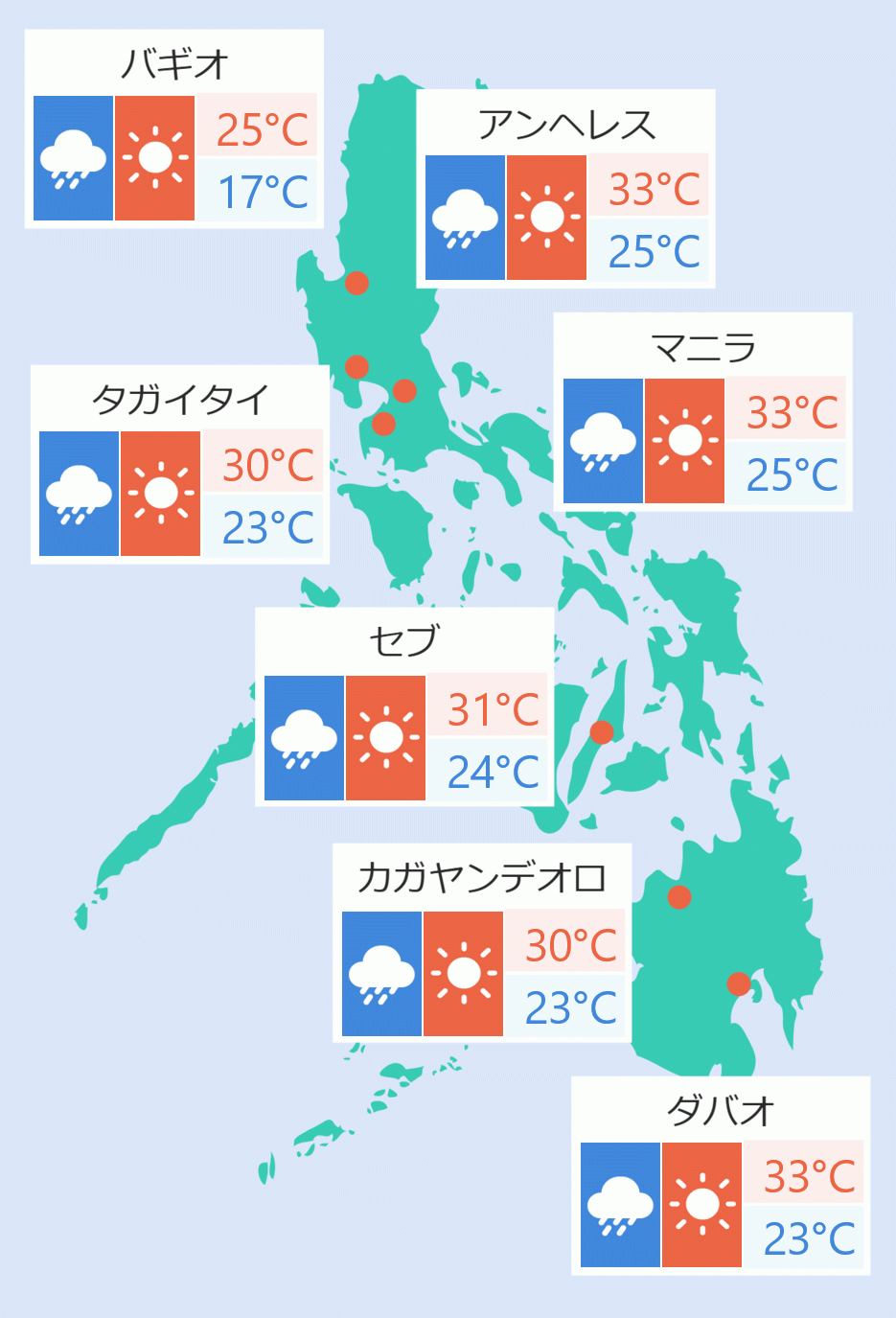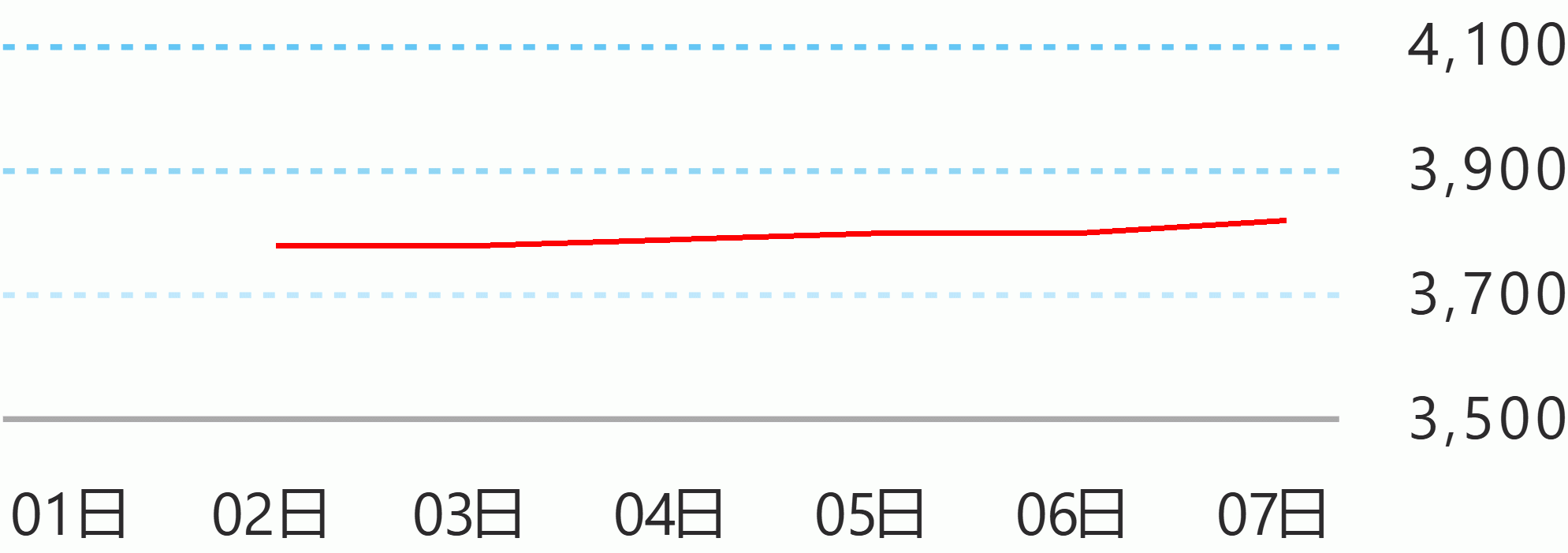Amnesty International on Monday said President Rodrigo Duterte's war on illegal drugs is "ineffective" as it continues to commit crimes against humanity.
In a press briefing through Skype at Quezon City, Nicholas Bequelin, Amnesty International's Regional Director for East and Southeast Asia, said three years in office but Duterte's war on drugs ''continues to be nothing but a large-scale murdering enterprise which poor people are the one who is paying the highest price.''
Bequelin said the situation in the Philippines is worrisome as the people are starting to become "numb".
"This has become somehow normal. The public opinion has been numb to a police force that is killing its own citizens outside of any illegal process. This is a deeply worried situation because the involvement of law enforcement in what appears to be crimes is of course extraordinarily dangerous for the Filipino society," he said.
"The judicial system, the rule of law... it (shows) that policy (is) very ineffective," he added.
Amnesty International's second report on the government's war on drugs focused on the drug watchlist and on the reported spike in the killings in Central Luzon, specifically in Bulacan province.
They called Bulacan the new "epicenter" of extrajudicial killings while Central Luzon as the country's "bloodiest" killing field following the transfer of senior police officers who got involved in the killing of innocent people during operations in Metro Manila.
Bequelin said out of the 20 incidents they examined, 27 people were reported killed, with 18 from police operations.
"In half of the cases investigated, it is clear that the records both from police accounts as well as autopsy reports... witnesses clearly invalidate the version given by the police," he said.
Bequelin said they were not able to find out if remaining cases they are investigating is unlawful killing. But Bequelin said these have the "same pattern" with other extrajudicial killings.
"This pattern of extrajudicial killing are extraordinarily worrying because they seem to indicate that there is no end to the so-called war on drugs in the Philippines," said Bequelin citing the government's plan to double their effort on their campaign.
Bequelin said they viewed the government's drug list as "unreliable, illegitimate and unjustifiable".
"Officials at barangay levels that we interviewed clearly replied that this list does not meet the standard of evidence before they are compiled together," he said.
The watchdog alleged local officials are being pressured to release a list that will be included during their barangay evaluation.
Bequelin said Amnesty International concluded the policy could amount to the formation of crimes against humanity.
AI section director Butch Olano said they conducted investigations in Central Luzon after comparing data from other provinces.
"The objective basis is the information we got that in 2018, 542 killings were reported in the area," he said.
Olano said the difference three years ago is the dissemination of information.
"There is less documentation on what is happening today," he said.
He added that police narratives in the incidents happening during buy bust operations doesn't meet the deepest standards of credibility.
"The buy bust narrative of 'nanlaban' (suspect fought back) is copy-paste. Only a template. On any conditions, situation, it's all the same and unbelievable," said Olano.
The organization gave the government 20 recommendations, one of which is urging Duterte to end his war on drugs and allow immediate and unhindered access to the country by international bodies, including the United Nations.
"We know that the government will not listen to us that's why we focus on the international community," he said.
The human rights watchdog urged the international community to continue putting pressure on the Philippines by using all diplomatic and political tools.
They also asked the UN Human Rights Council to adopt Iceland's resolution to conduct an investigation and for the International Criminal Court to expedite preliminary examination into possible crimes under the war on drugs.
Amnesty International told the government to have a positive attitude on their report.
"We expect the government to respond in a way that is equally objective and based on facts. And we are open on discussion in our findings if the government reaches us," said Bequelin. Ella Dionisio/DMS





 English
English









